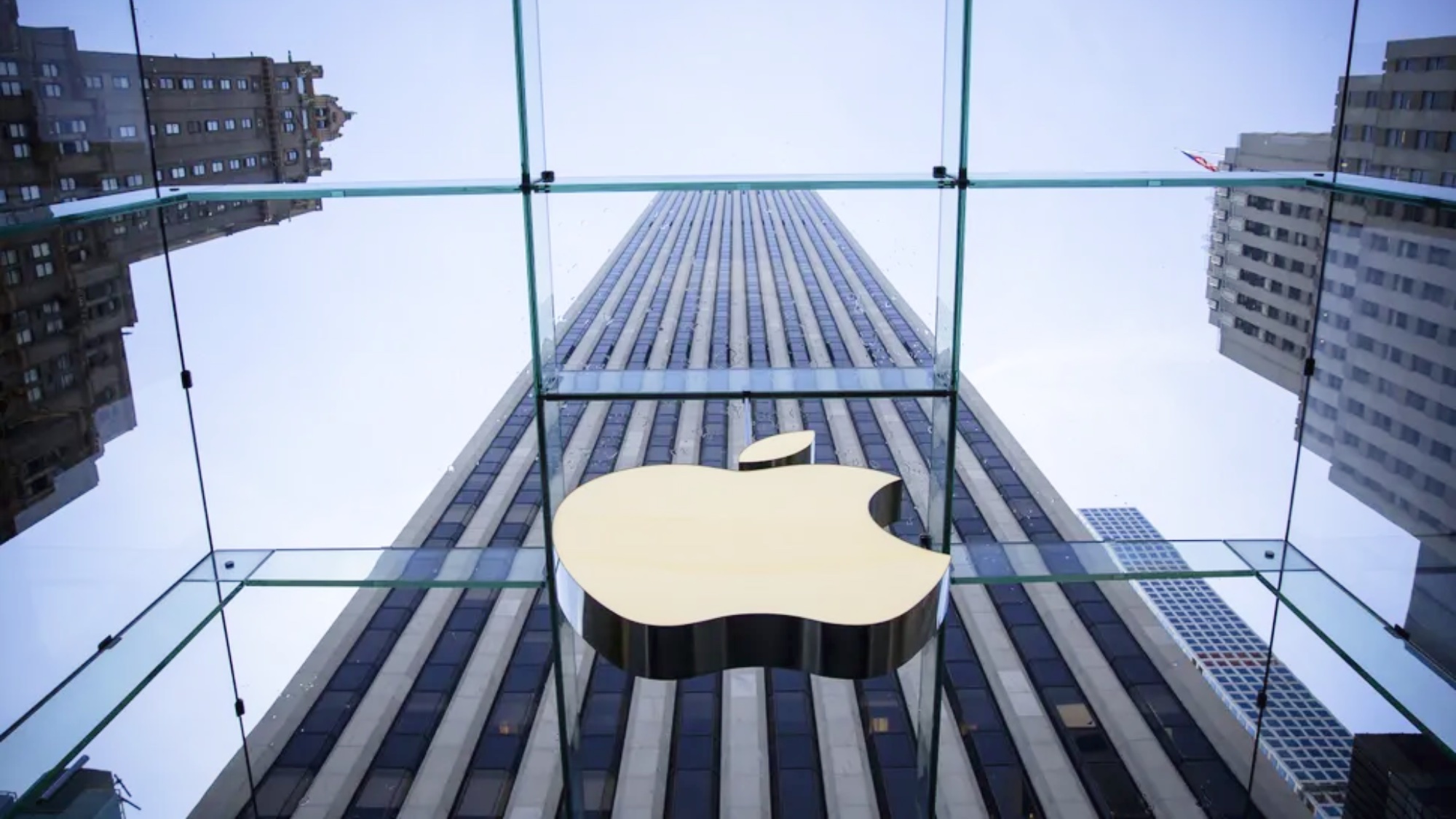
The sharks are circling, and it appears blood is in the water. Another report claims that a major company is looking to purchase the struggling Intel.
This comes to us from the tech YouTube channel Moore's Law is Dead, where Tom S. reported "whispers" of a potential purchase by Apple. He also claimed that Samsung is interested in acquiring or merging with the chip manufacturer.
The whispers are coming as Intel is struggling to keep up this year. The company has had multiple layoffs in the last year, with a reported 15,000 workers cast off in August.
In the report, and based on early reviews of Intel's Arrow Lake chipset, the next Intel chip may have been rushed out, causing system crashes, compatibility issues and inconsistency. This all sounds very similar to early problems with the Raptor Lake launch.
This all comes after Intel and AMD created an x86 advisory group as Arm-based chipsets like Qualcomm's Snapdragon Elite that launched with Microsoft's Copilot Plus PCs this summer take a more significant foothold in the PC world. Though Arm and Qualcomm are in the midst of their own legal battle over licenses that could affect Qualcomm's push into PC processors.
Apple and Samsung aren't the only major tech companies that have reportedly considered buying Intel. In September, it was reported that Qualcomm had reached out to Intel about a potential takeover.
To be clear, as Tom reiterates several times, these are all rumors, and it's not clear if any purchase of Intel is actually in the works. However, he suggested that Samsung is closer than Apple or Qualcomm to any deal, whether an out-and-out purchase or a merger.
What does Samsung get out of this?
Like Intel, Samsung has struggled with its own in-house Exynos chip and may not introduce a new version this year due to poor yields. It's possible a merger or acquisition would give Samsung more foundries and expertise to improve the Exynos line.
It doesn't help that TSMC is eating Samsung's lunch, especially with the new 3nm processes and potentially 2nm-based processors, which will be available next year or in 2026. Apple uses TSMC to build its M4 and A18 SoCs, and Qualcomm also uses TSMC to manufacture its chips. TSMC is building everyone's processors right now.
Additionally, Tom suggests that Samsung acquiring Intel would block Qualcomm from becoming a new Samsung as the two companies compete in several overlapping areas.
Why might Apple acquire Intel?
For starters, as the report surmises, Apple might be looking to pick up Intel to block Qualcomm from becoming an even bigger force in their market.
Apple has steadily been pulling more parts manufacturing in-house outside of blocking competitors. As mentioned, TSMC makes Apple's chips right now, but we can see that Apple wants to be less reliant on them.
Acquiring Intel gives Apple a stronger foothold in producing semiconductors and gives Apple access to Intel's myriad patents. It would change how Apple works with its M-line of chips for iPads and Macs.
That said, if any of the mentioned companies seriously make a play at buying Intel, it could introduce major regulatory considerations, especially in the U.S., where Intel is a large company.







